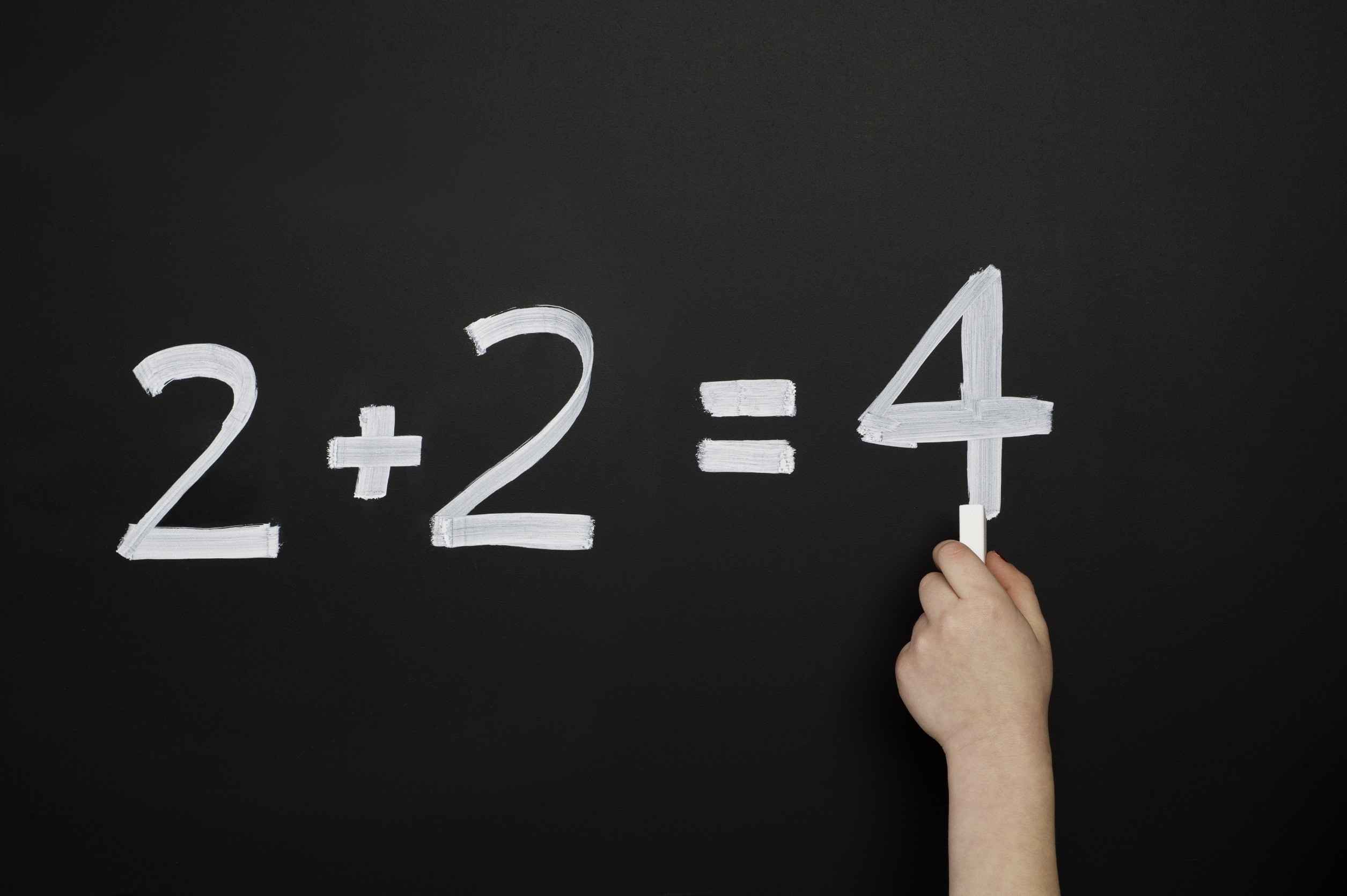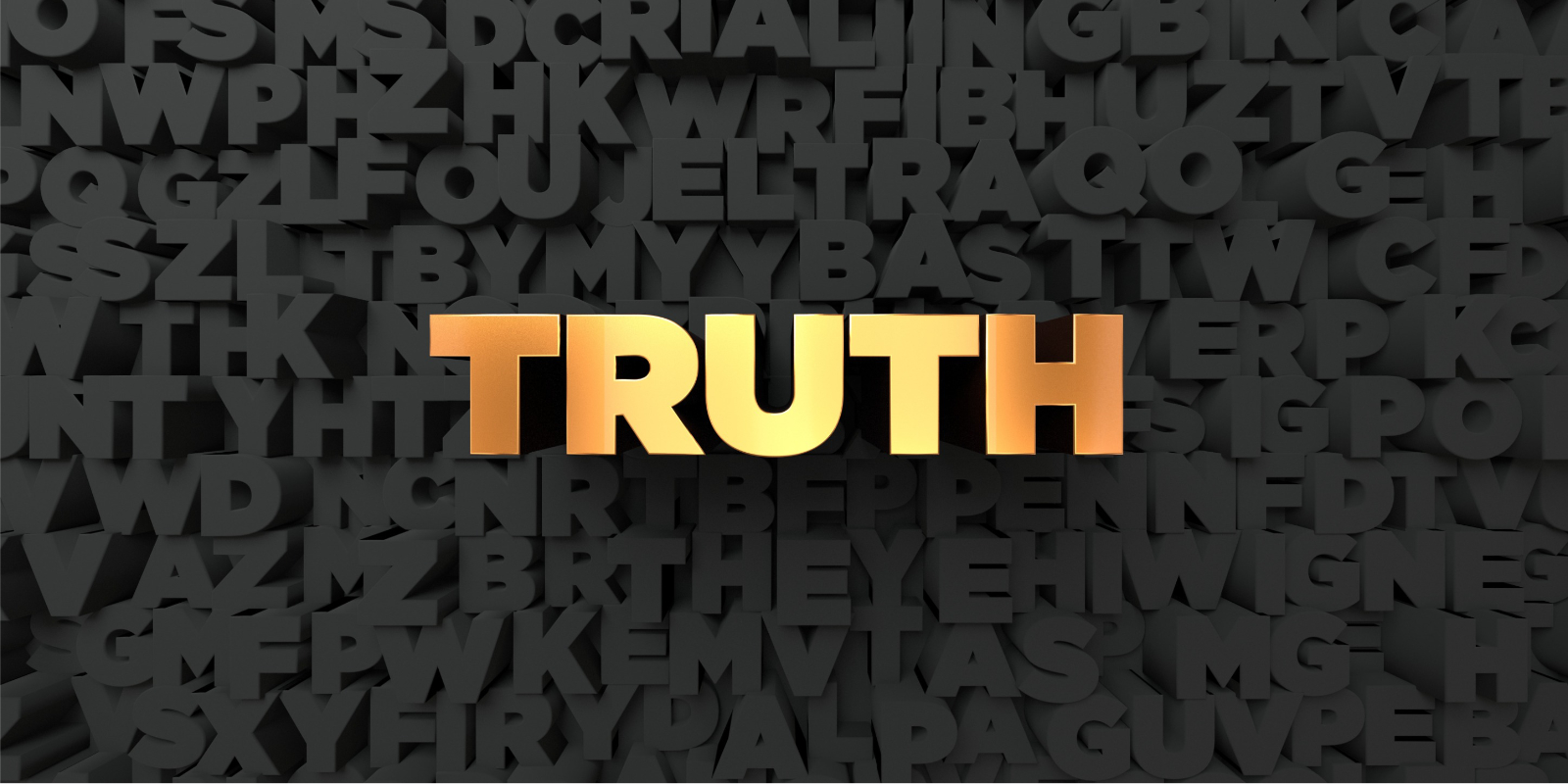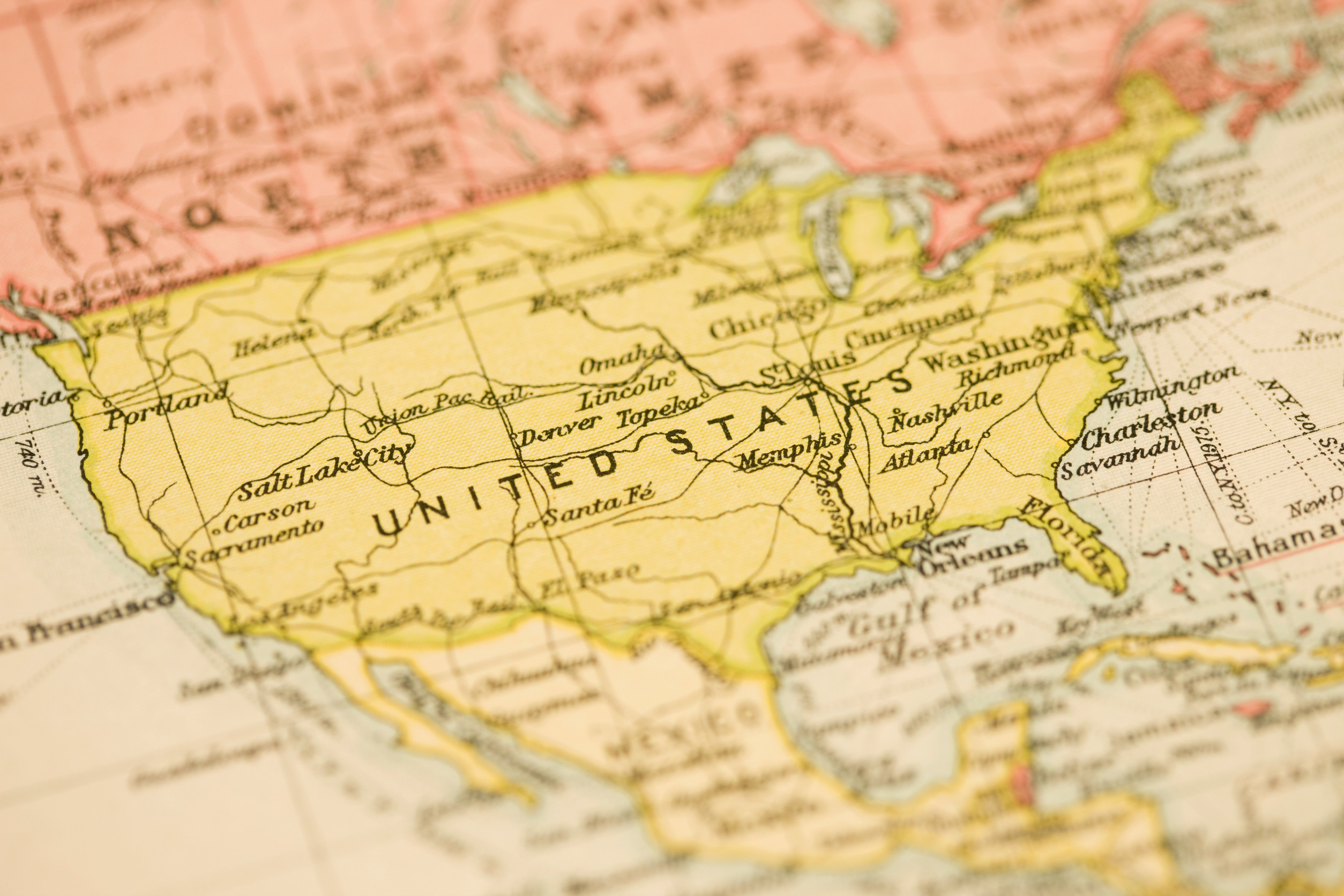Keep Right – Column by Ralph K. Ginorio
Freedom is the ability to say that 2 + 2 = 4.”
George Orwell, “1984”
Without truth, there can be no freedom, no salvation, and no well-lived life. Truth constitutes a willingness to live in an often excruciating objective reality, rather than in a bubble of facile self-delusion.
Truth is never easy. Many people around us demand that we bow our knees to their chosen lie as a precondition for them to positively relate to us. Their fidelity to an ideal matters more to them than anything.
For such driven people, nothing transcends their ideology. Neither good manners, nor mutual good will, nor toleration for diverse ideas, nor functional human relationships matter more to those people than does uncompromising ideological purity.
Such hysterical devotion to any belief abides no balance. Nothing is as important as their dream for a better world, their utopia, their proverbial thousand years of peace. A zealous and monomaniacal commitment to their cause supplants objective truth.
Total personal commitment to an ideal is not itself evil. The earliest Christians, faced with persecution, willingly martyred themselves for their faith. Many literally picked up a cross and followed Jesus to their own personal Golgotha. Parents and their children were devoured by lions in the arena rather than renounce Christ.
Their utter dedication made it possible for the Christian good news to be heard worldwide today, by peoples unknown and in lands undiscovered in the time of Christ. So it is for all worthwhile beliefs. Fortunately, human beings have always been willing to sacrifice their all in service to truth.
It is not fervor for a cause that makes it dangerous. The nature and characteristics of the belief itself is what makes it good or of evil.
Christianity, Judaism, the Lockean Liberalism that inspires the US Constitution, Mahatma Gandhi’s Satyagraha movement, Leo Tolstoy’s Civil Disobedience, and even the Buddhism that led Monks to self-immolation in old South Vietnam are all among ideals that have brought light into a darkened world. Each in their own unique fashion has inspired or continues to inspire the self-discipline and willing self-sacrifice that might save a fallen world.
These above beliefs are self-evidently different from those ideologies that call upon the faithful to lie, betray, and kill in order to achieve their dreams for this world and the next. All faiths and philosophies which view existent human society as an abomination that must be destroyed in an orgy of violence, in order to build a purified Millennium, are fundamentally dangerous.
Anyone who asserts that believers can murder their way to paradise advocates for evil. We must have the moral courage to judge the quality of the many causes to which our most idealistic neighbors dedicate themselves. Not all beliefs are equally beneficial. Not every ideology is good. Not every faith brings out the best qualities from within each believer.
As American citizens, as Christians and Jews, as members of a shared Western Civilization, and as adults we each have a duty to make informed moral judgments. We cannot escape our responsibility to make a clear distinction between what we each understand to be good from what we know to be evil.
Each and every one of us must be willing to make a stand for what our conscience tells us is right from what is wrong. Doing this requires unflinching reflection, systematic consideration, developing common sense, and cultivating one’s conscience. Likely, it also involves the study of the issue’s history coupled with fervent prayer.
Most of all, clarifying one’s own personal sense of proportions and perceiving the dictates of one’s own conscience demands honesty. If we cannot abide any truth that violates our preferred image of how the world works, we will never really perceive the reality in which we exist.
Truth belongs to itself. It belongs to God. Truth does not belong to us. Unless an individual is willing to follow truth wherever it leads, he or she can never know truth. Such a confused person cannot be trusted to understand objective reality nor to serve a greater good. To avoid self-deception and shared delusion, and regardless of our opinion, two plus two must always equal four.







